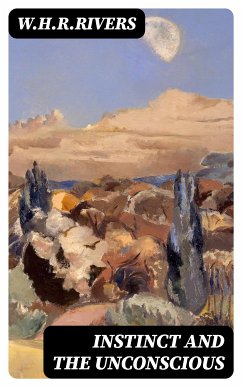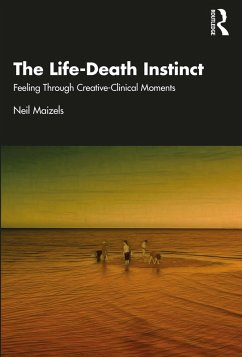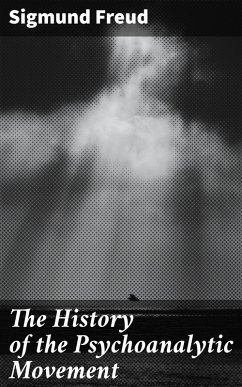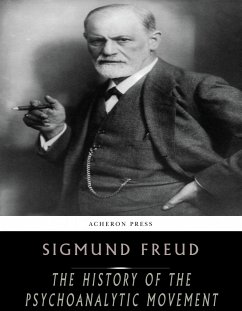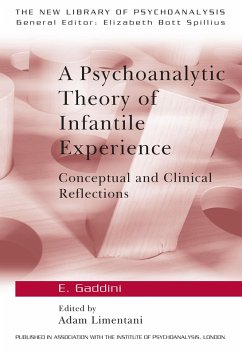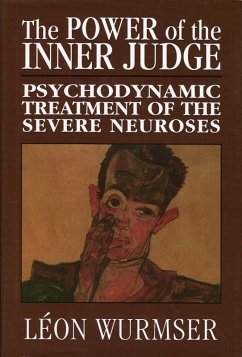
Instinct and the Unconscious (eBook, ePUB)
Versandkostenfrei!
Sofort per Download lieferbar
1,99 €
inkl. MwSt.
Weitere Ausgaben:

PAYBACK Punkte
0 °P sammeln!
W. H. R. River's 1920 treatise "Instinct and the Unconscious" attempts to put into a biological setting the system of psychotherapy. It explores at length the subconscious, repression, hysteria, neurosis, hypnotism, and many other related topics. This fascinating book will be of considerable utility to students of psychology and is not to be missed by fans and collectors of River's seminal work.
Dieser Download kann aus rechtlichen Gründen nur mit Rechnungsadresse in A, B, BG, CY, CZ, D, DK, EW, E, FIN, F, GR, H, IRL, I, LT, L, LR, M, NL, PL, P, R, S, SLO, SK ausgeliefert werden.




